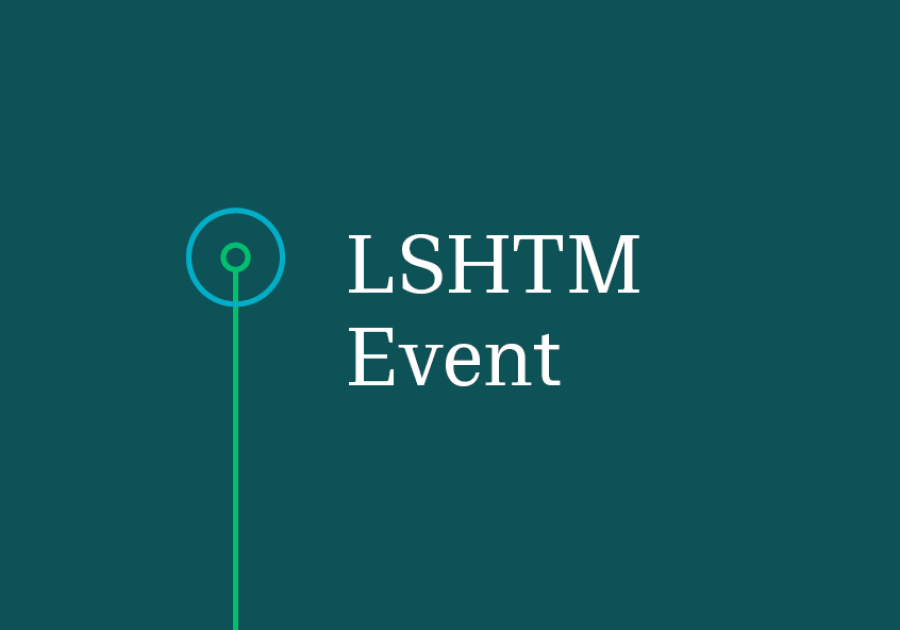A good mother enters the clinic: How Dutch preventive child health care ordered everyday lives, 1900-1940

In 1901, pediatrician Broer Plantenga opened the first Dutch child health clinic in The Hague. He was deeply concerned about Dutch infant mortality rates, and started a clinic that mothers could visit routinely to weigh their babies, learn how to breastfeed, and receive alternative nutrition if needed. By 1939, more than 900 clinics had been established across the Netherlands, all modelled after Plantenga’s original initiative.
In this talk, Dr Noortje Jacobs and Martjin van der Meer (Erasmus MC, Rotterdam) show how, with the spread of this public health practice, new normative expectations about the appropriate social roles of mothers, housewives, and citizens travelled and came to order the daily interactions between parents and health care professionals. In this process, physicians and public health institutions came to function as “prescriptive agents” in communicating and authorizing certain rules and values about being a good citizen and moral mother—at a time when the Dutch state still remained largely absent in the resolution of such public health problems.
This seminar is part of Martijn’s PhD research on the history of Dutch preventive child health care and Noortje’s Veni-project Valuing the Body: a moral history of human tissues in twentieth-century medicine.
Speakers
Dr Noortje Jacobs, Assistant Professor of history, Erasmus Medical Center, Rotterdam
Martijn van der Meer, Erasmus University Rotterdam and Erasmus Medical Center, Rotterdam
Event notices
- Please note that you can join this event in person or you can join the session remotely
- Please note that the recording link will be listed on this page when available
Admission
Contact

